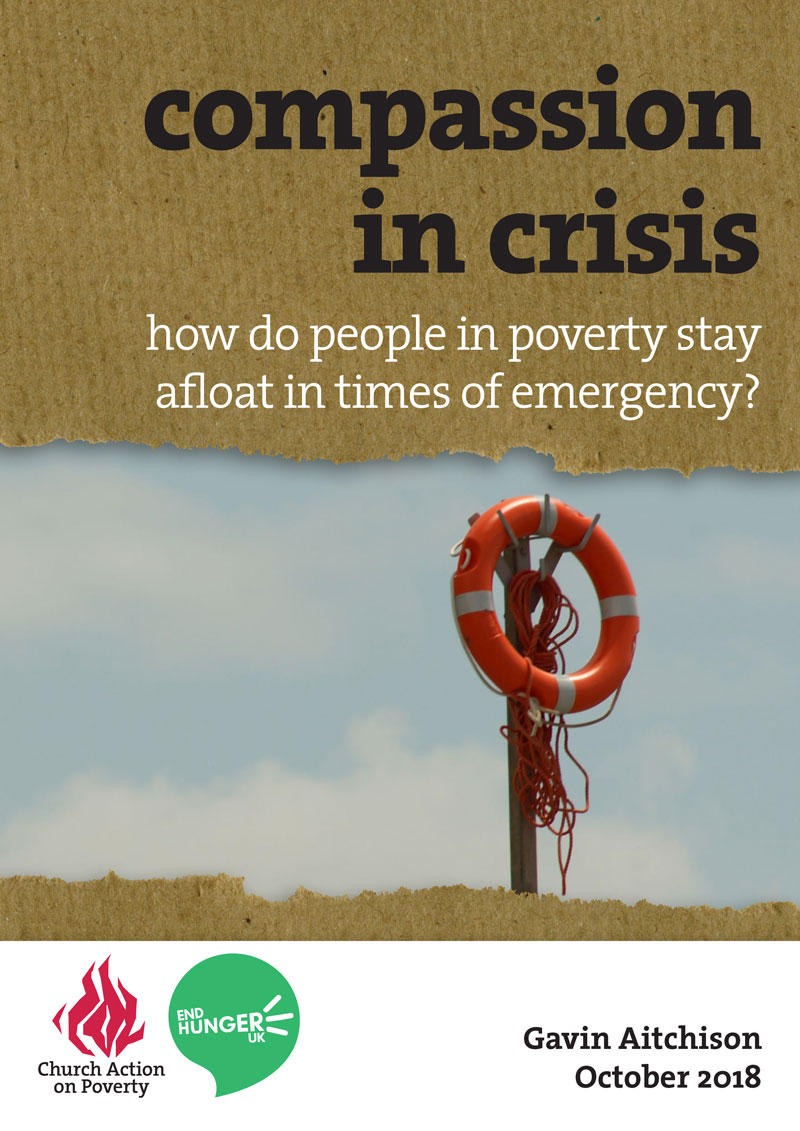The data: What’s happened to crisis support where you live?
Local crisis funds are a vital lifeline for people who find themselves suddenly swept into difficulty. Yet across the country, they have been neglected and removed.
In 2018, our Compassion In Crisis report uncovered the full extent of cuts across England. We’re now making the full data set available, so you can see the situation where you live.
Using this map, you can find the area where you live and see the local data:
Local Welfare Assistance Schemes are there to provide short-term help where it is needed, so people can ride out a storm and keep their head above water. In 2017-18, a quarter of a million people in England sought help this way, but most funds have become threadbare and 28 councils have closed theirs completely. In the past five years, funding has reduced by 72.5% on average.
>> Download the Compassion in Crisis report here

Our compassionate society is full of systems and supports that we hope not to need, but which must be ready just in case. Take the emergency teams at our hospitals, for instance, or the lifebelts we see alongside rivers all over the country.
For many years, such crisis support has been a vital part of our welfare system too, and its removal leaves thousands adrift in times of trouble. It’s just not right.
Local Welfare is a very small proportion of the overall public budget, but a vital emergency resource that any one of us could find ourselves needing without warning. It is an emergency lifebelt that must be retained.
We recommend:
- Government should make it a statutory duty for top-tier local authorities in England to run a LWAS that can provide cash grants, loans and in-kind support for people, as appropriate, in times of need.
- As part of the forthcoming spending review, ring-fenced funding should be provided for Local Welfare Assistance Schemes across England
- The UK Government should work with the Local Government Association, local councils and the devolved governments in Scotland, Wales and Northern Ireland to identify and replicate best practice across the UK.

Reblogged this on Britain Isn't Eating!.